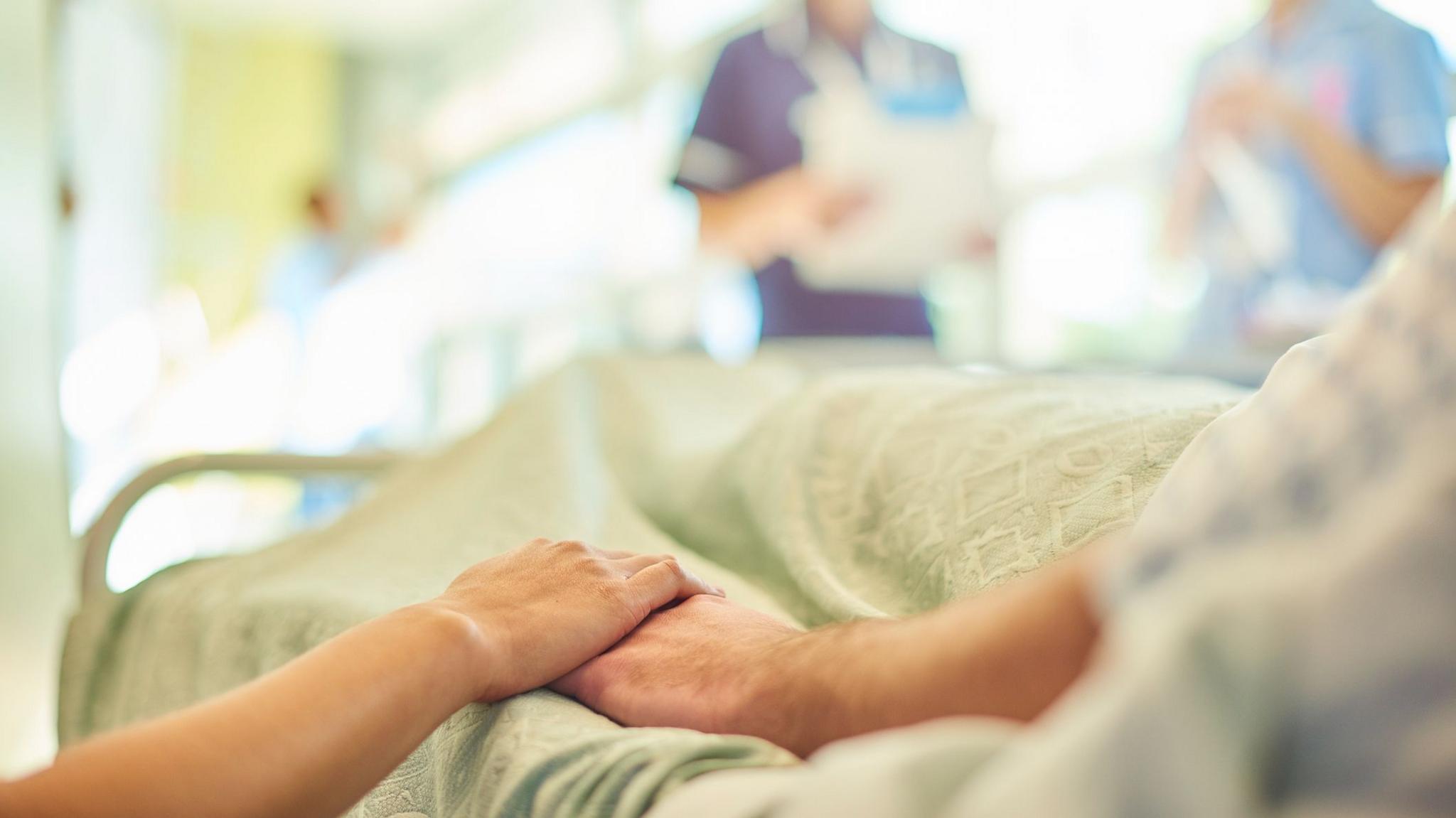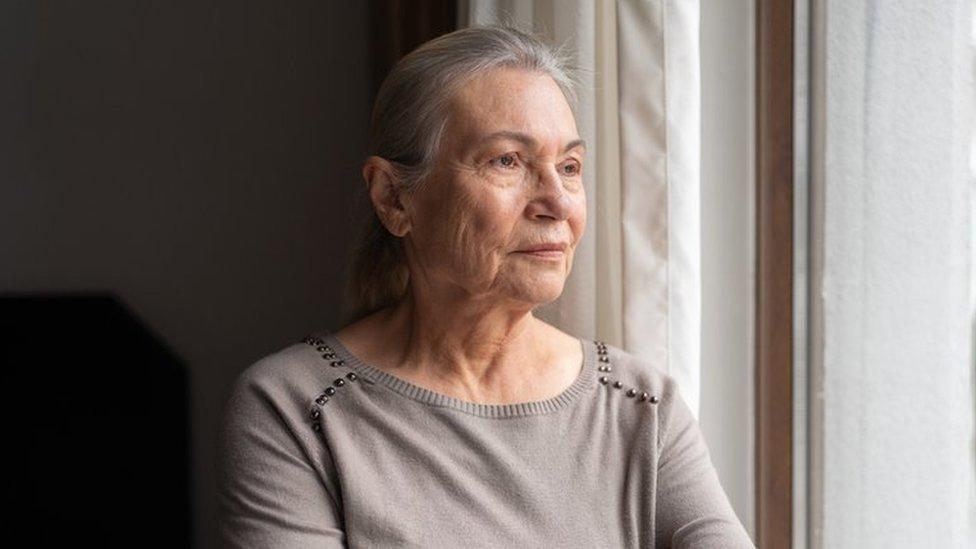Right-to-die: 'life was unbearable for him'
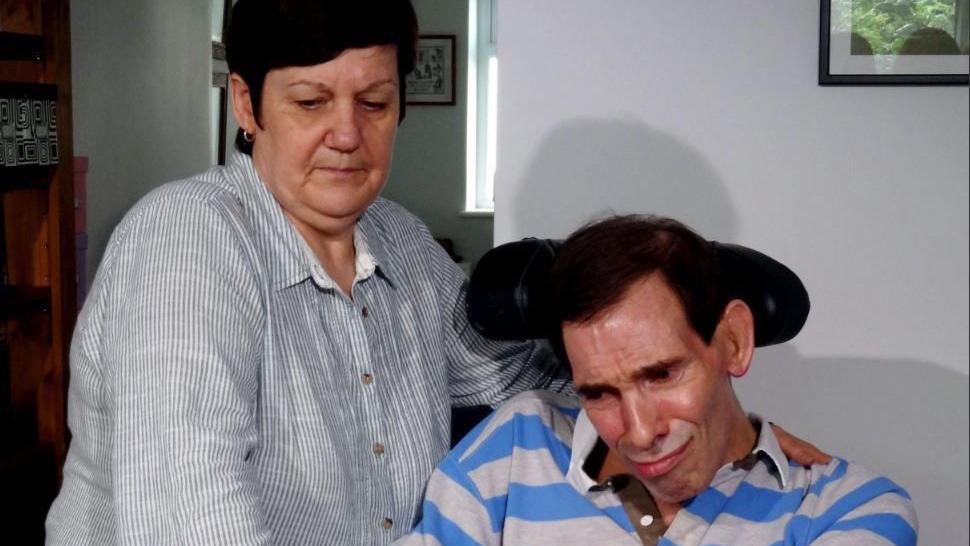
Jane Nicklinson with her late husband, Tony, who campaigned for the right to die
- Published
The widow of a man who campaigned for the right to die has said a government bill is a "step in the right direction" but also disappointing because it is only for the terminally ill.
Jane Nicklinson is the wife of Tony Nicklinson, from Melksham, Wiltshire, who died in 2012 after a stroke in 2005 left him with locked-in syndrome, which she said was "unbearable" for him, but not terminal.
A bill proposing giving terminally ill people the right to choose to end their lives will be debated in November.
Some campaigners are against it, with concerns about it being a "slippery slope."
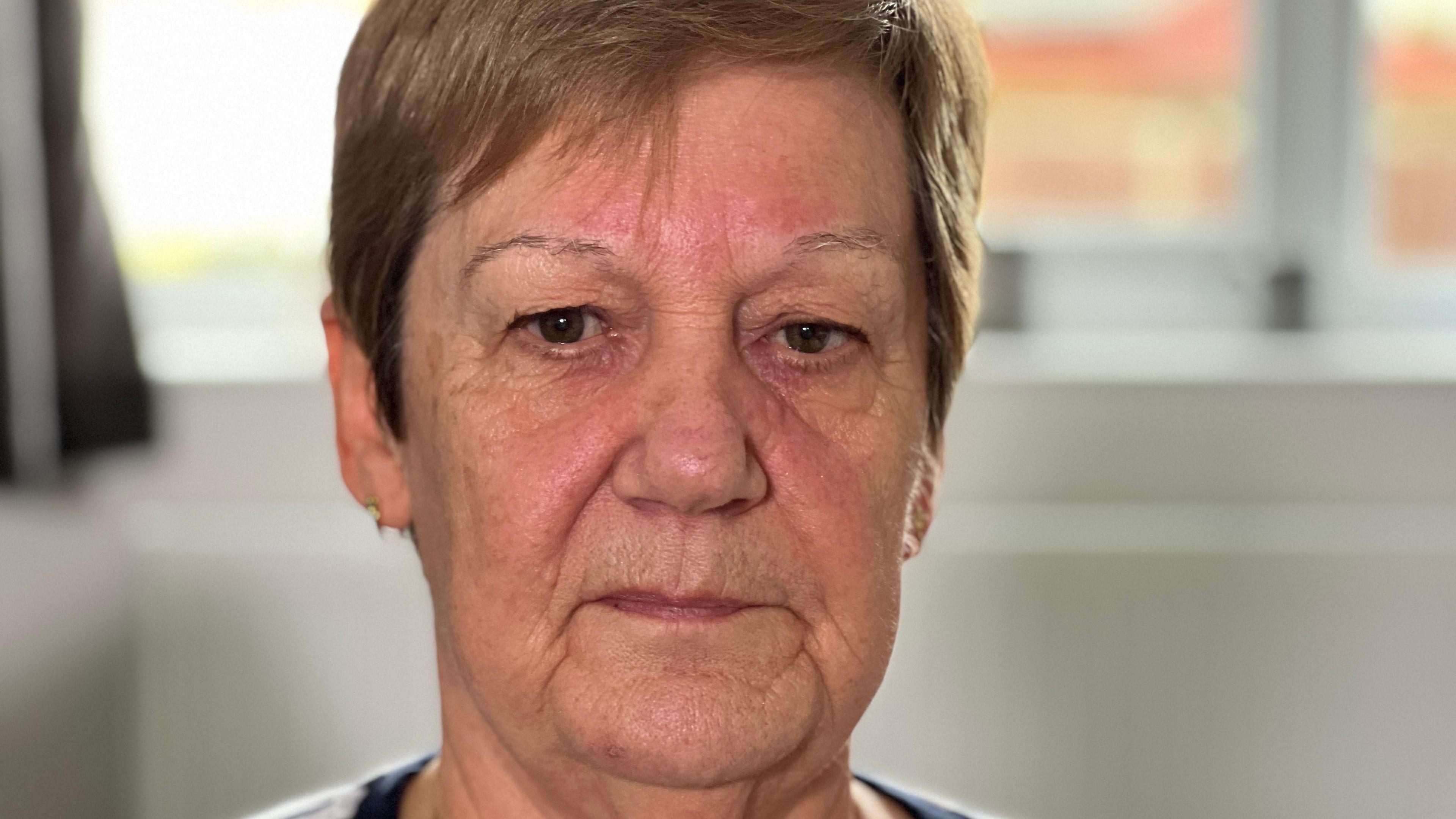
Jane Nicklinson said that while it is a step in the right direction, ultimately the bill would not have affected her husband
Locked-in syndrome meant Mr Nicklinson was fully aware, but could not voluntarily move any muscle, except for some eye movements.
Mrs Nicklinson said: "His life was just unbearable for him. He couldn't do anything for himself. Life wasn't for him like that."
When they first received technology that would allow him to communicate, she explained one of the first things he said was that he wanted to die.
"He had no quality of life at all. There are other people in his circumstance who do manage, but he couldn't, it was his choice" she added.
Tony died just days after the High Court rejected his case, when he got pneumonia and refused treatment.
Actor Liz Carr speaks to Clare McDonnell on BBC Radio 4's Woman's Hour about her concerns on assisted dying.
Mrs Nicklinson said she is "very disappointed" that the bill does not include those who are not close to end of life already and is concerned that if it goes through, people like her late husband will be forgotten.
Mr Nicklinson would say those with a terminal diagnosis were "lucky" because they knew when "it was coming to an end."
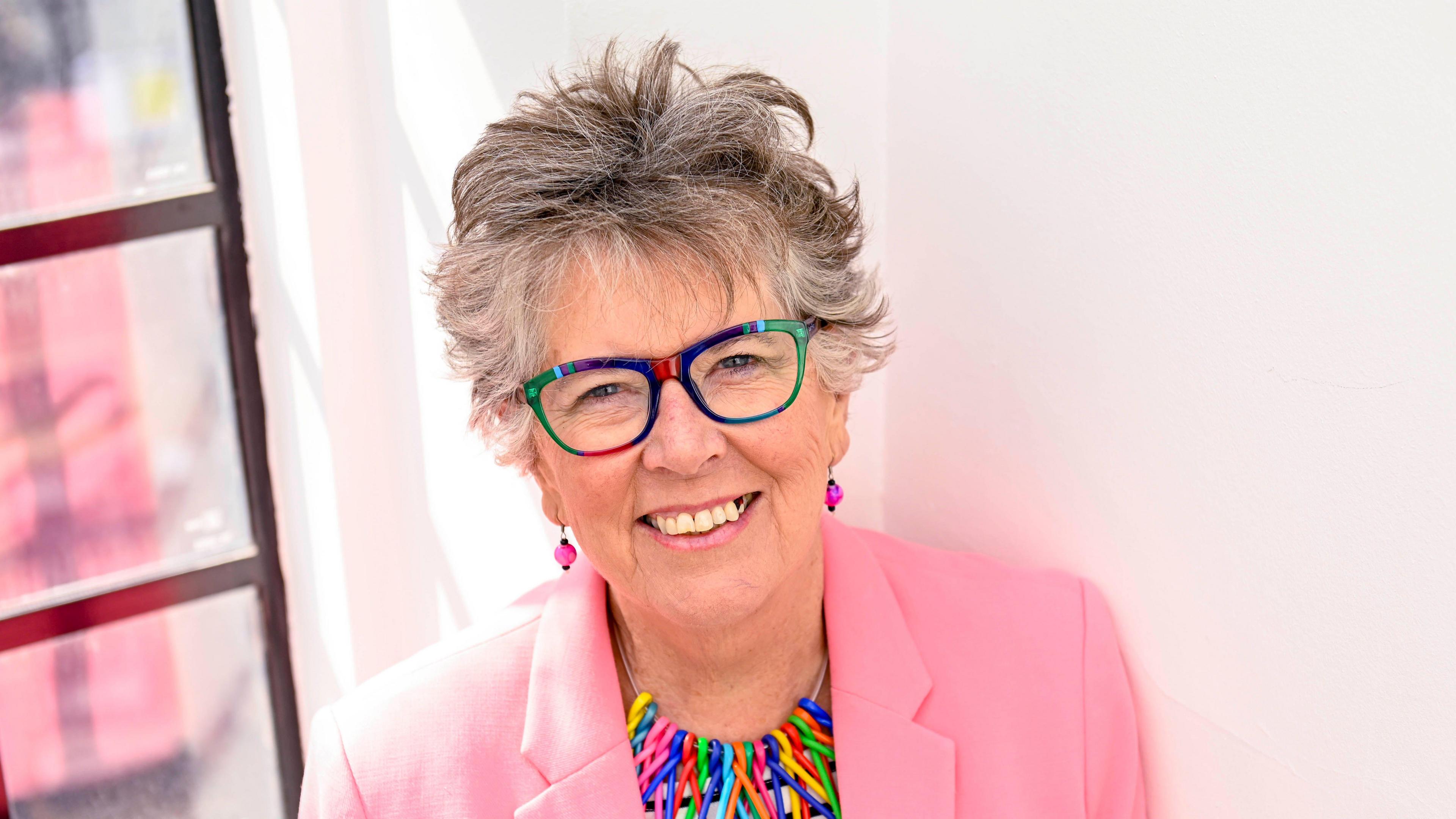
Dame Prue Leith supports the right-to-die and did a documentary about it alongside her son, Conservative MP Danny Kruger, who disagrees.
There have been voices speaking against the idea - some disabled and vulnerable people have worries based off personal experiences and what they have heard about in countries where right-to-die is already legal in some way.
The Archbishop of Canterbury has echoed other concerns saying it could be a "slippery slope".
Mrs Nicklinson does not agree: "There would be a system in place where everyone would be dealt with on an individual basis. It wouldn't be easy."
Someone who agrees with her is famous cook Dame Prue Leith, who has previously made a documentary about the issue with her son, Conservative MP Danny Kruger, who does not agree with assisted dying.
"Generally, most of the opposition comes from religious people. If you're not religious - what do you mean? It's my life, it's my pain, I should have a say in this" Leith told the BBC.
"I think society wants to be able to have more control of their own lives" she added.
Get in touch
Tell us which stories we should cover in Wiltshire
Follow BBC Wiltshire on Facebook, external, X, external and Instagram, external. Send your story ideas to us on email or via WhatsApp on 0800 313 4630.
- Published14 October 2024
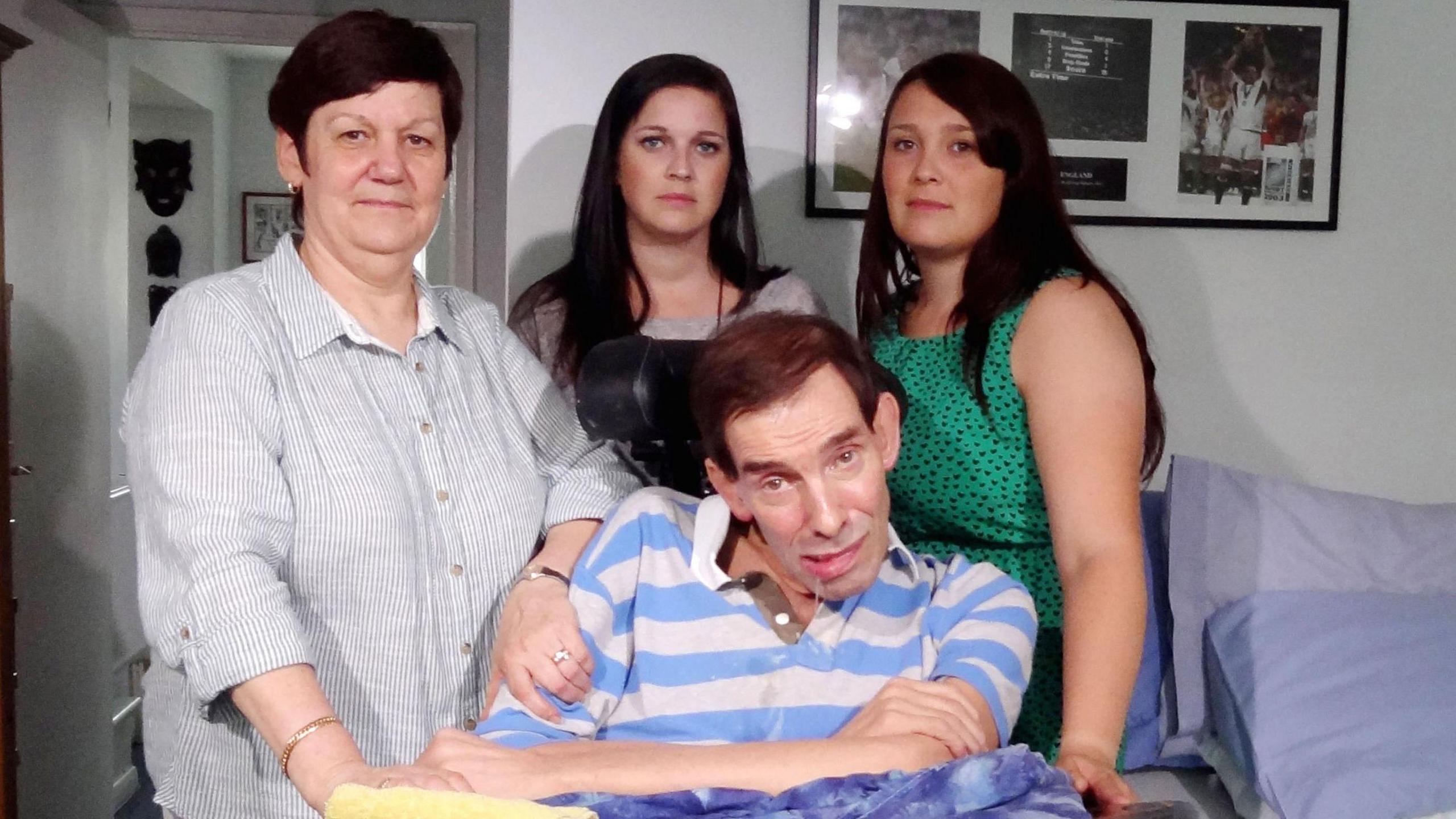
- Published22 August 2022
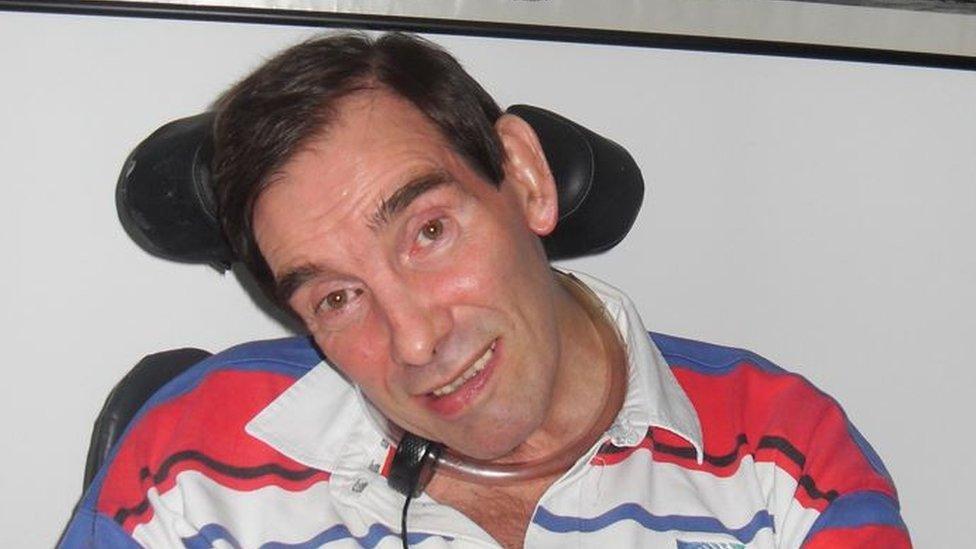
- Published19 June 2012
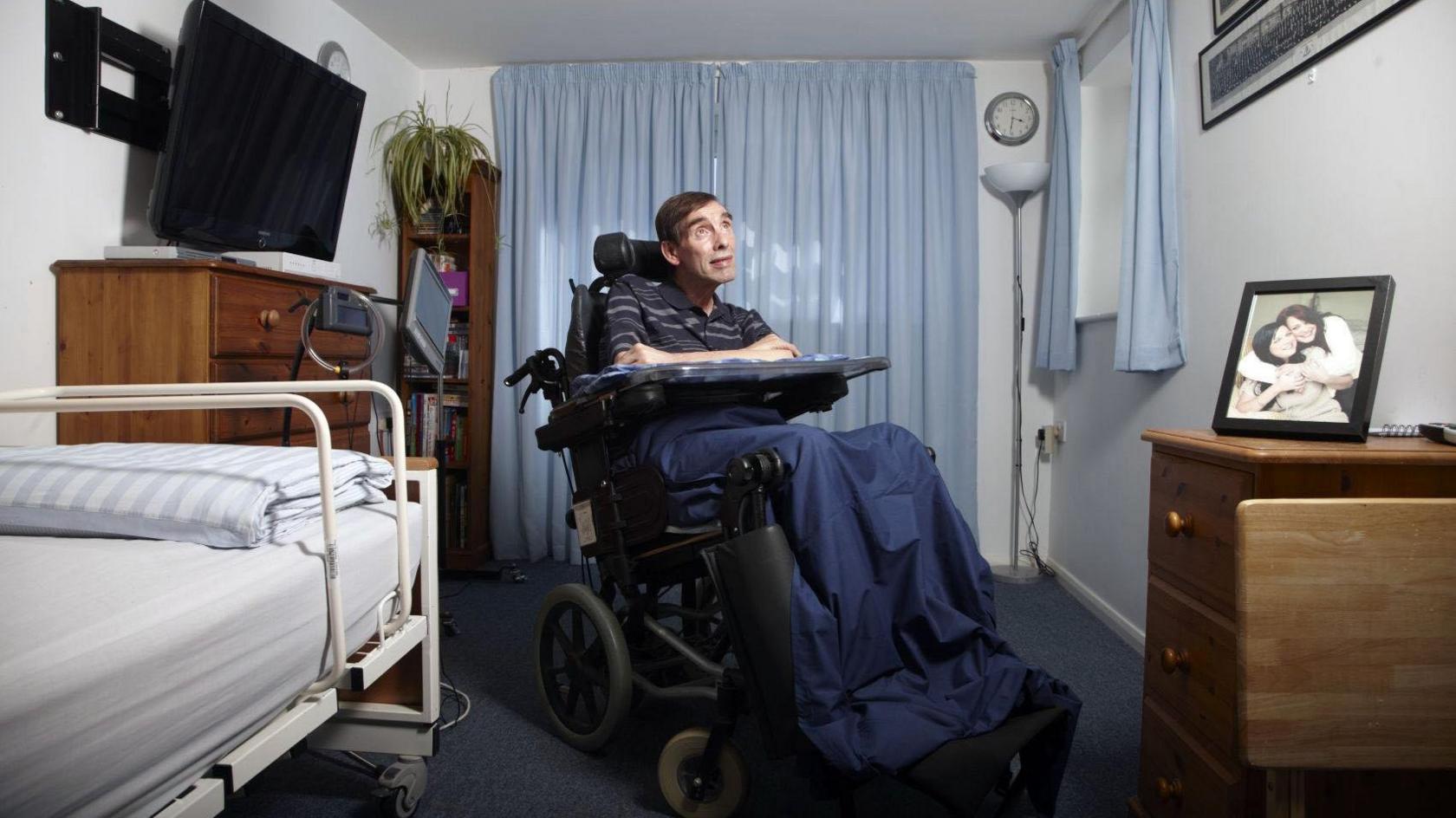
- Published7 May 2024
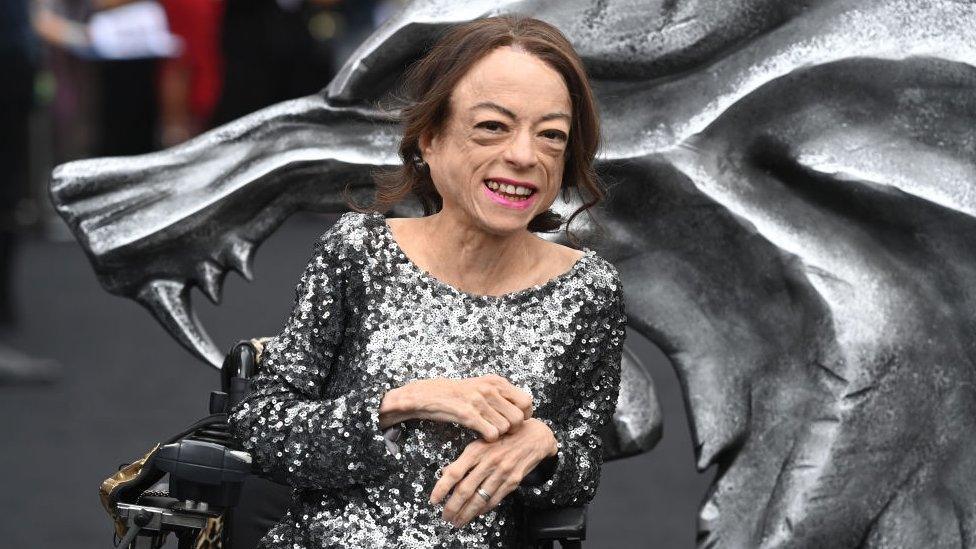
- Published4 October 2024
